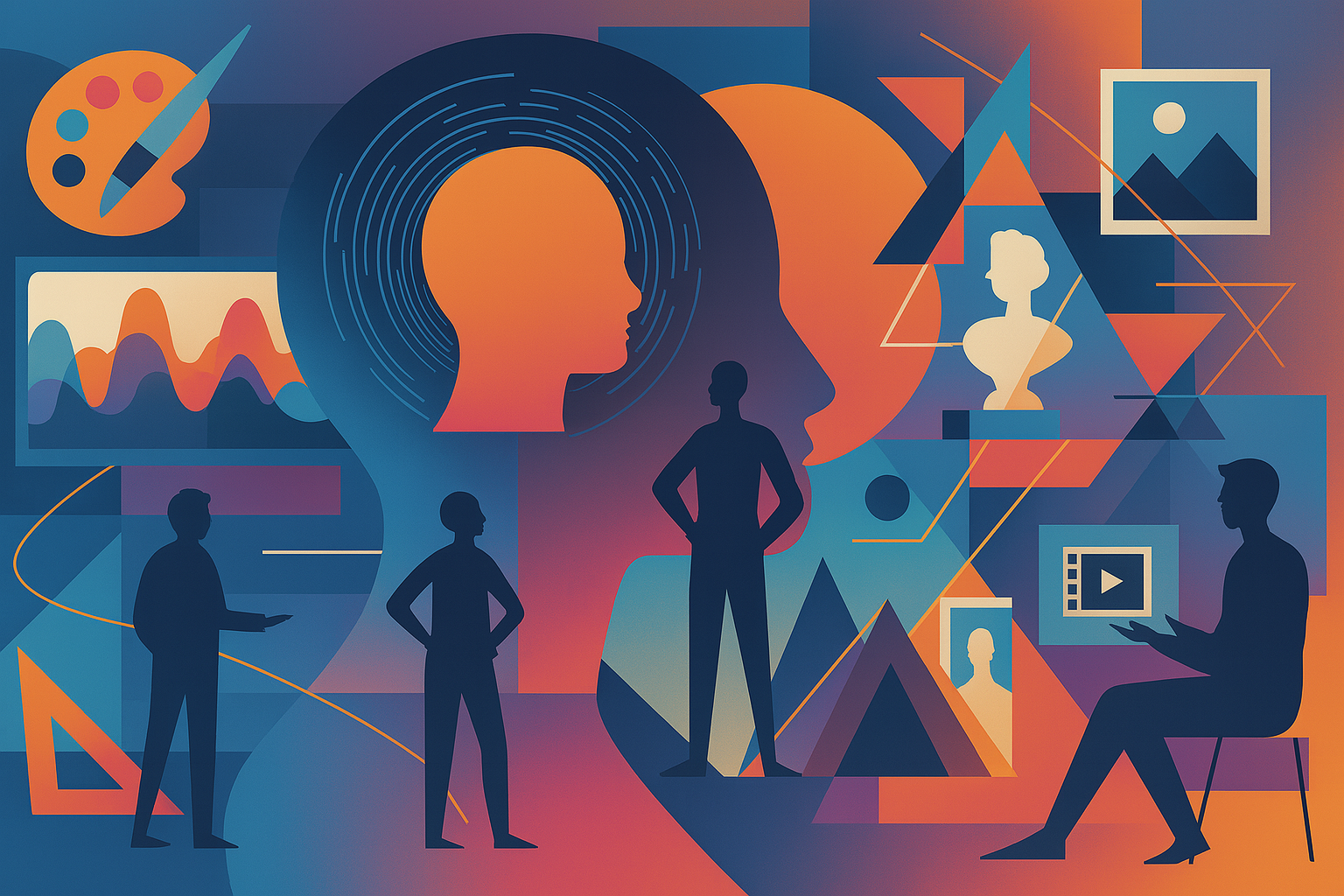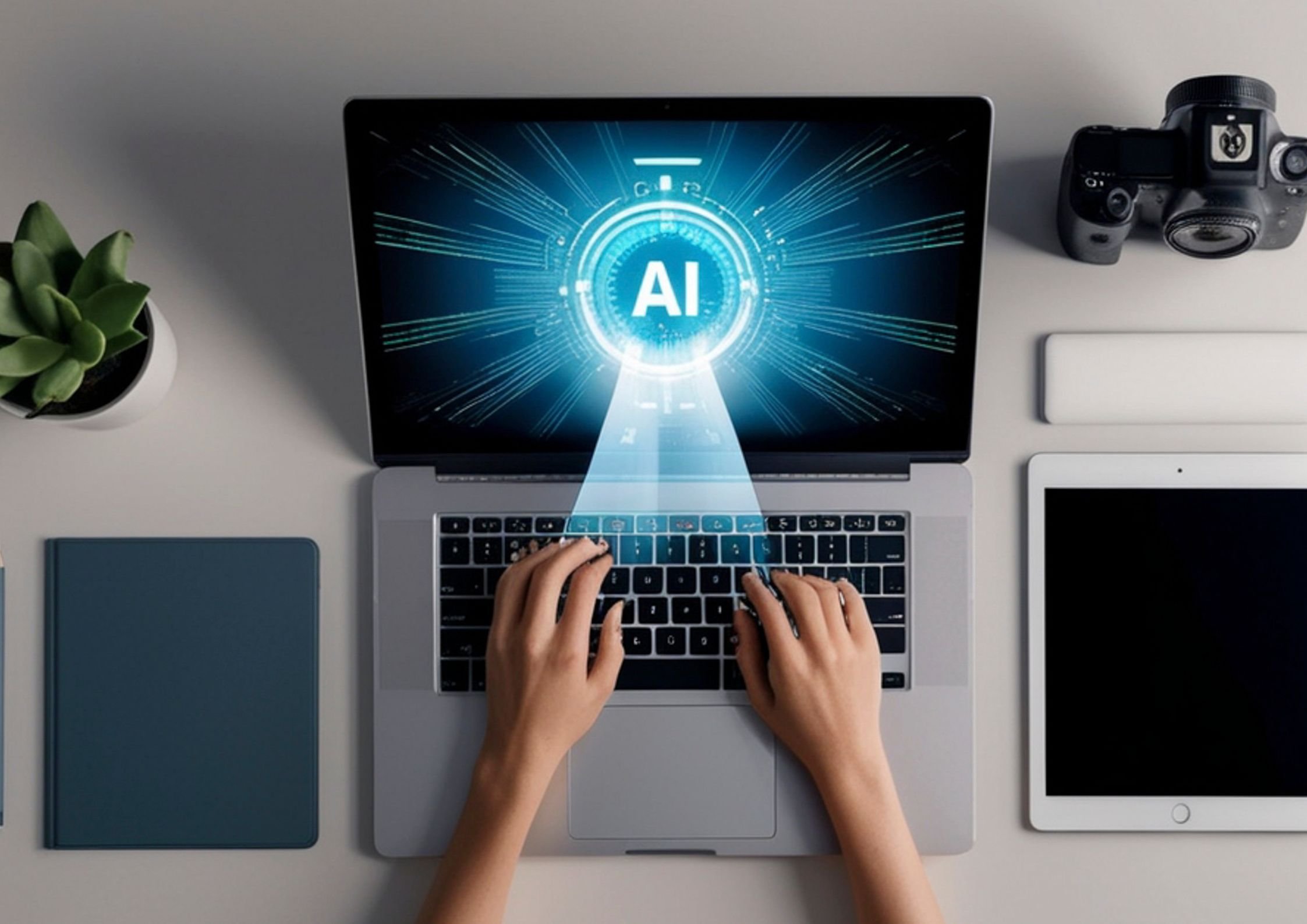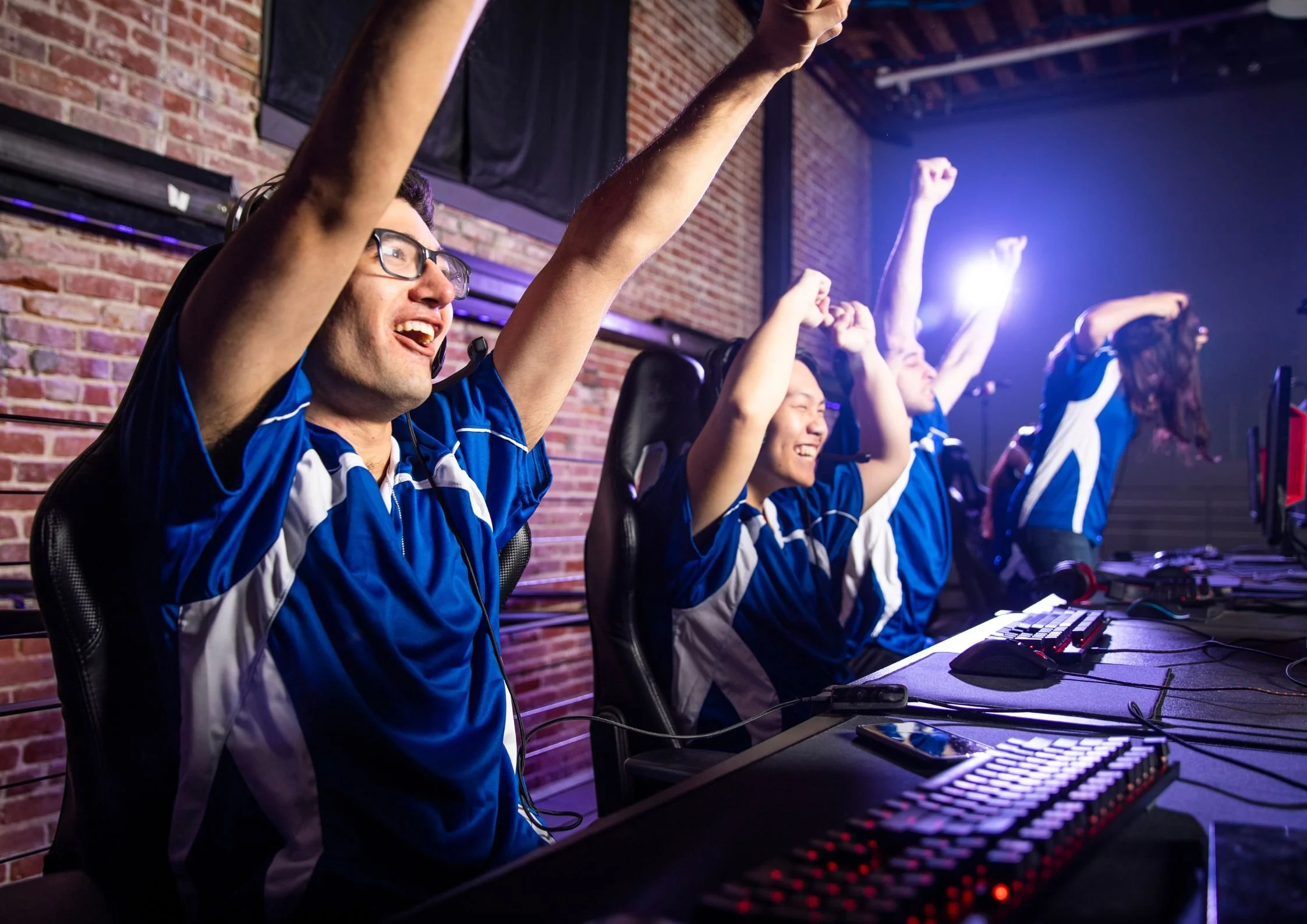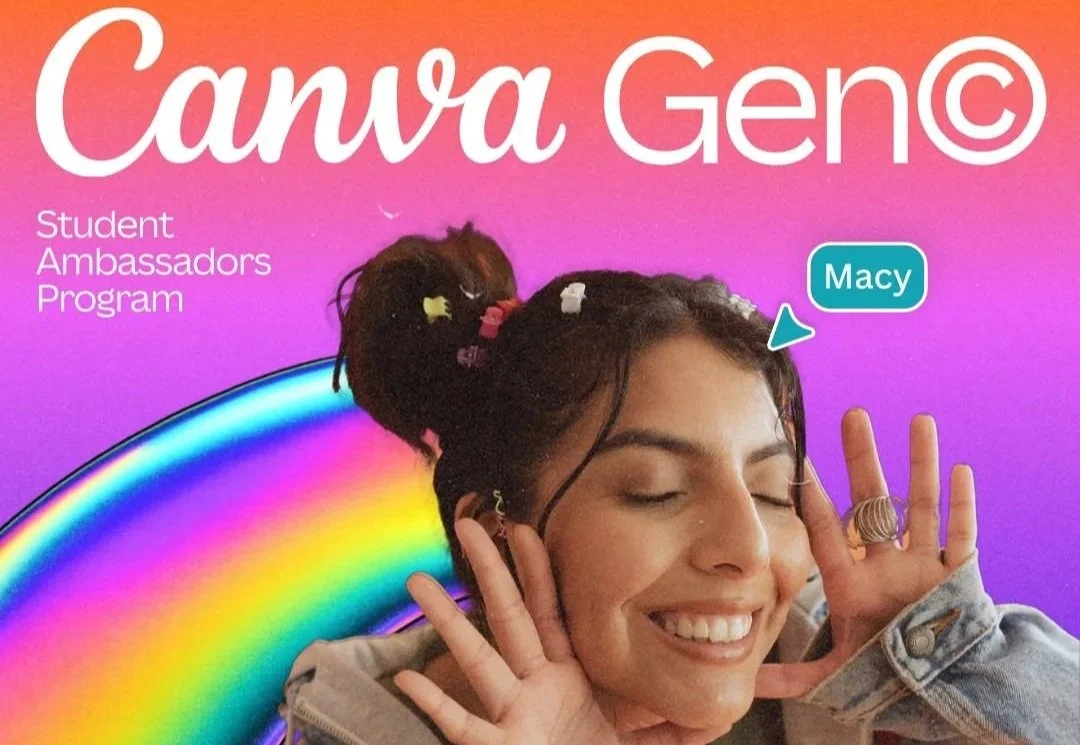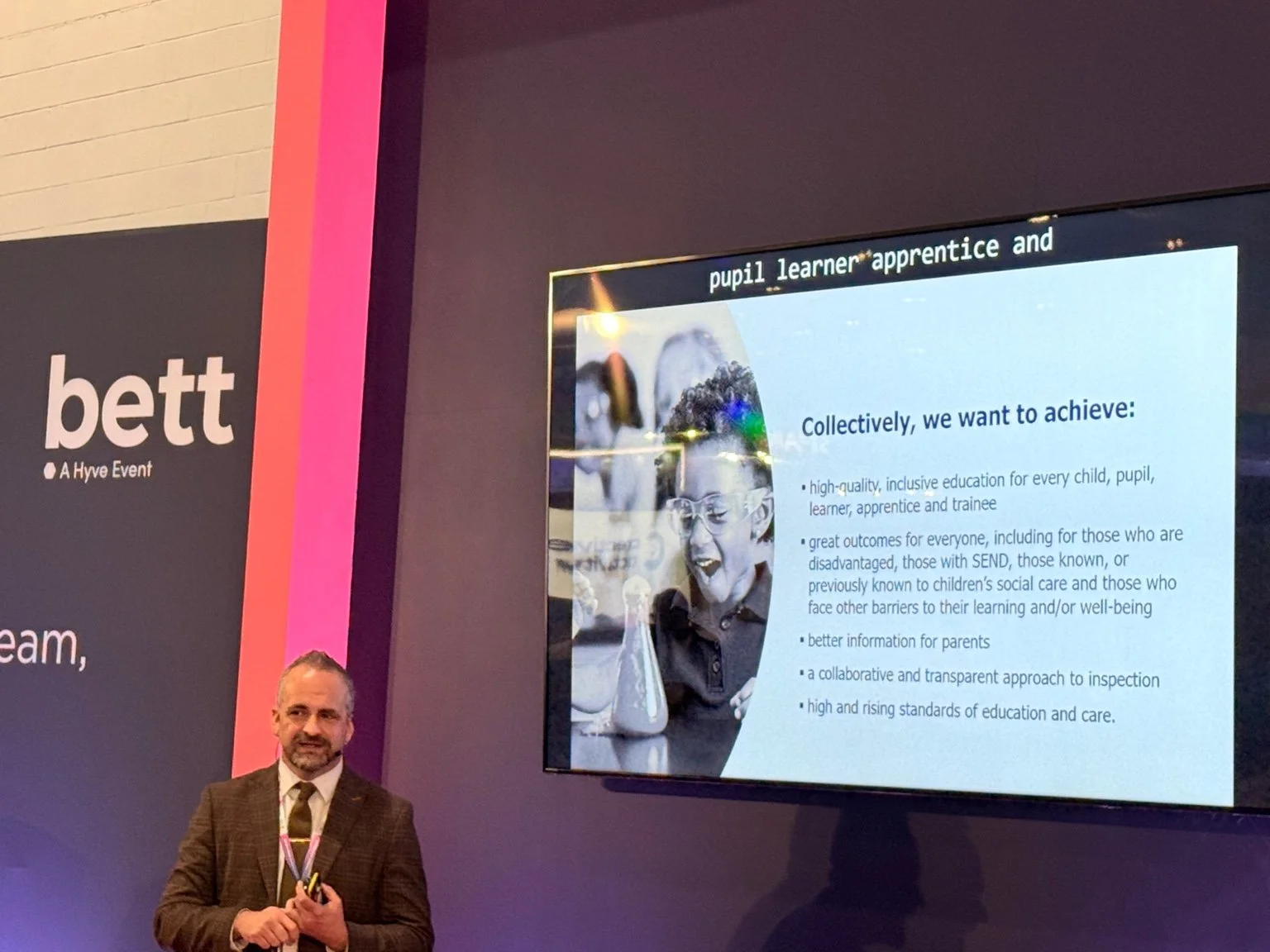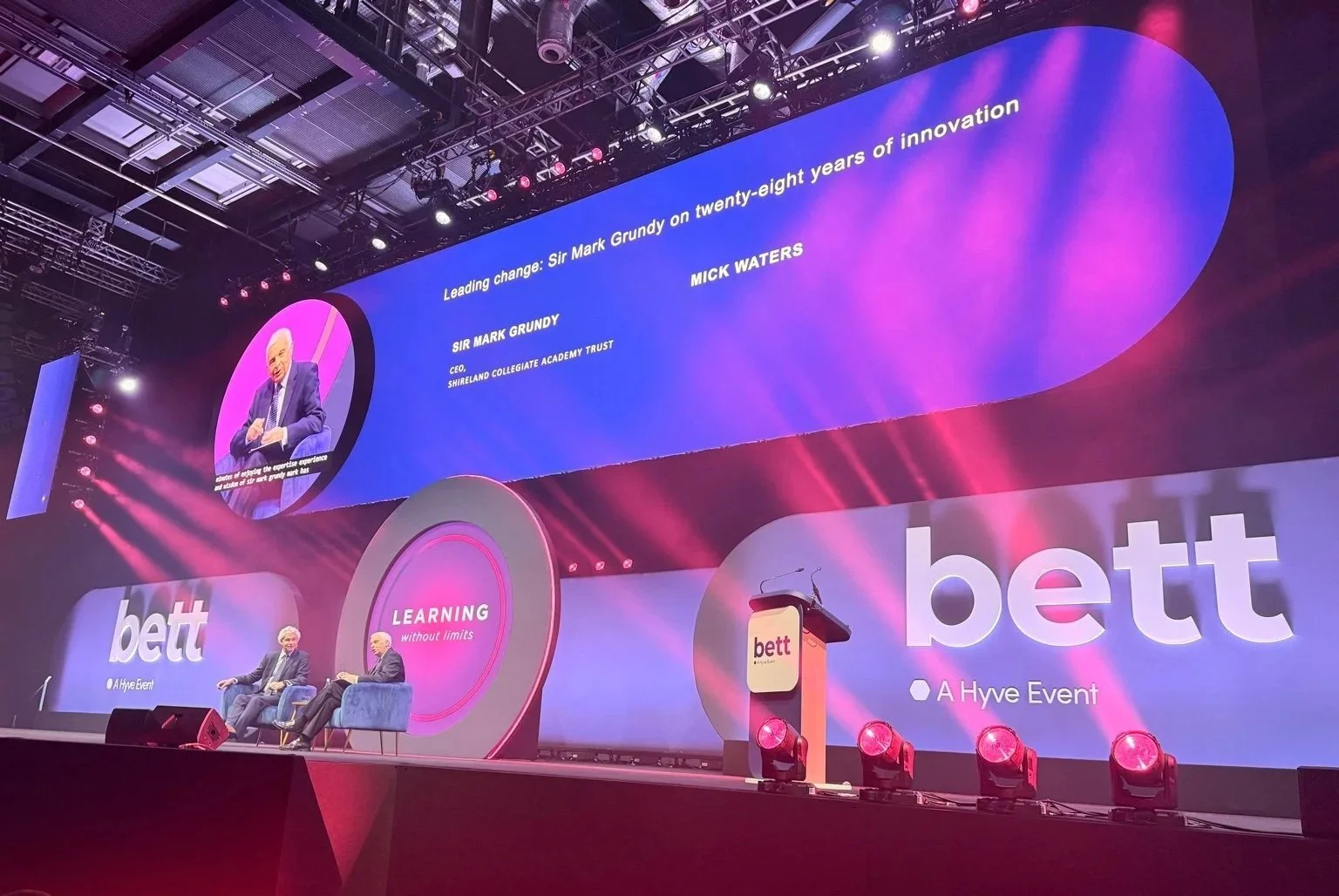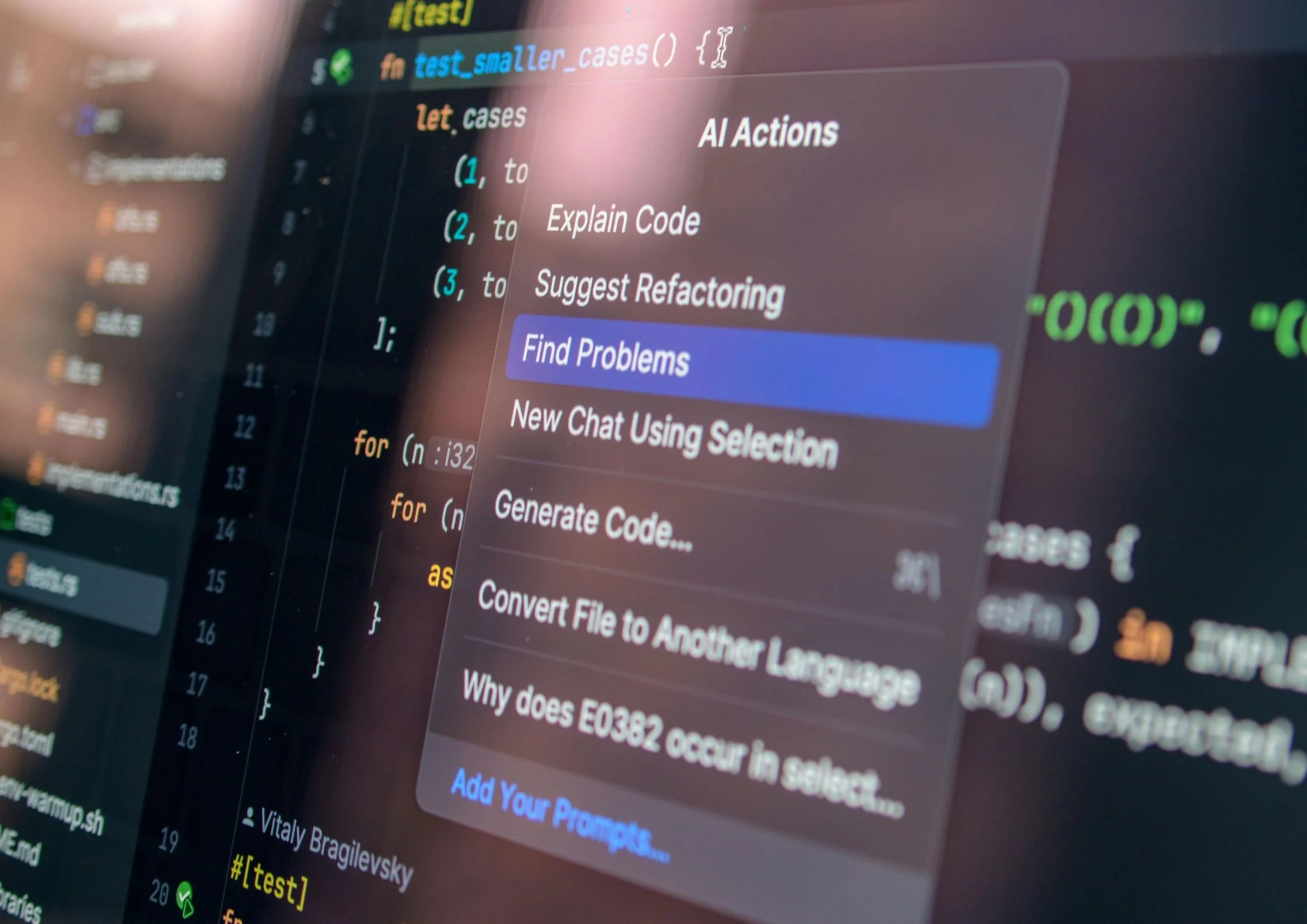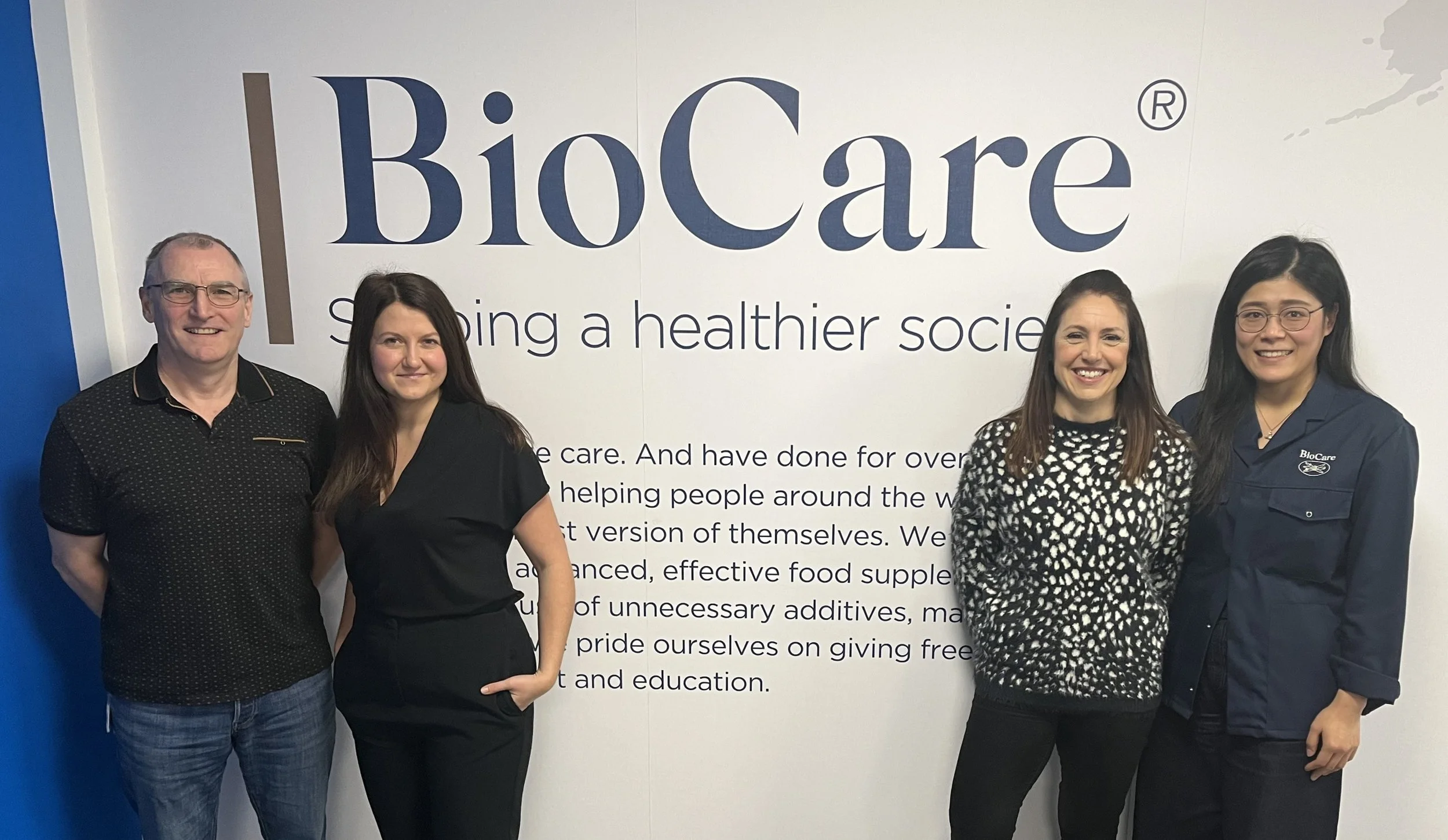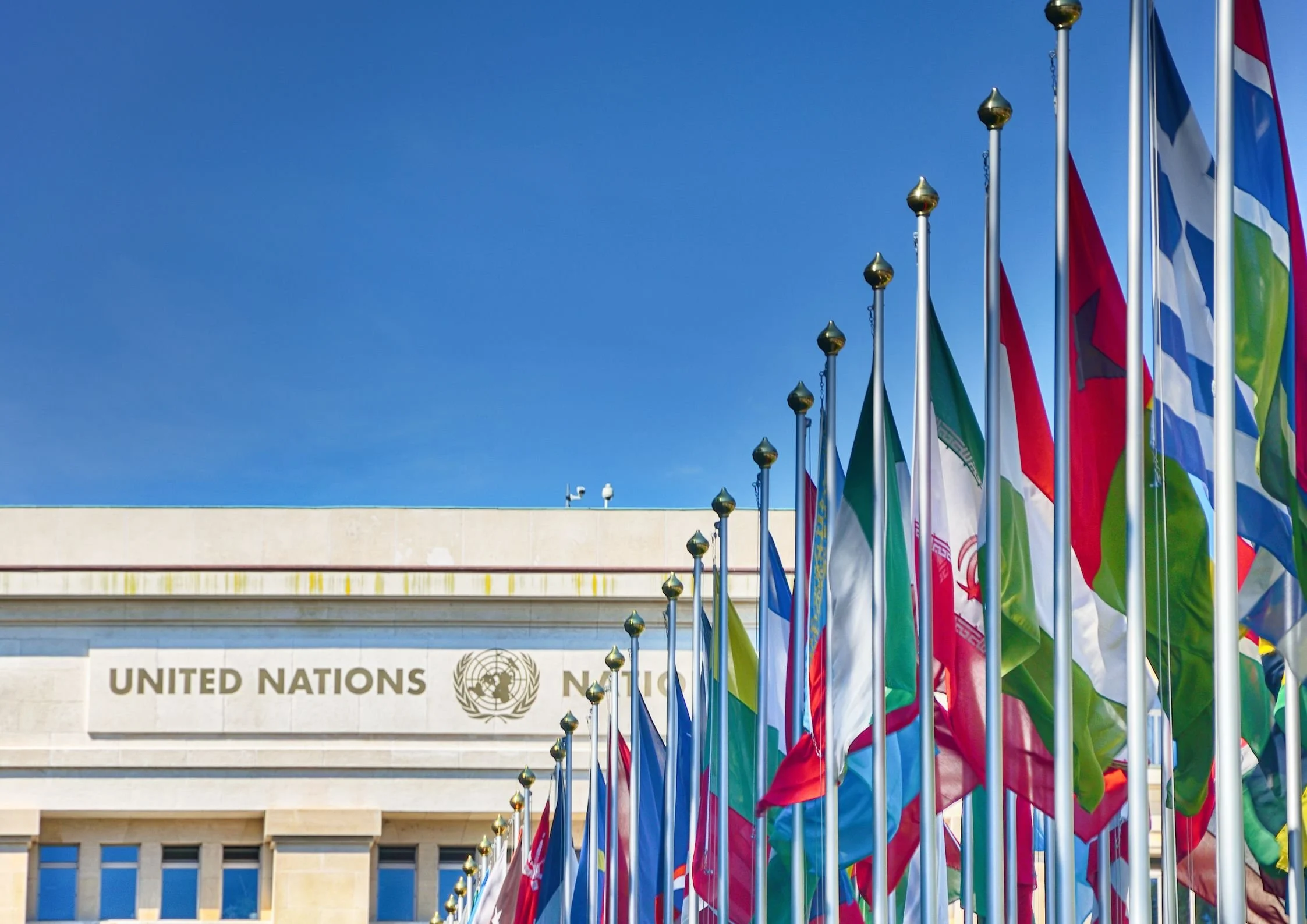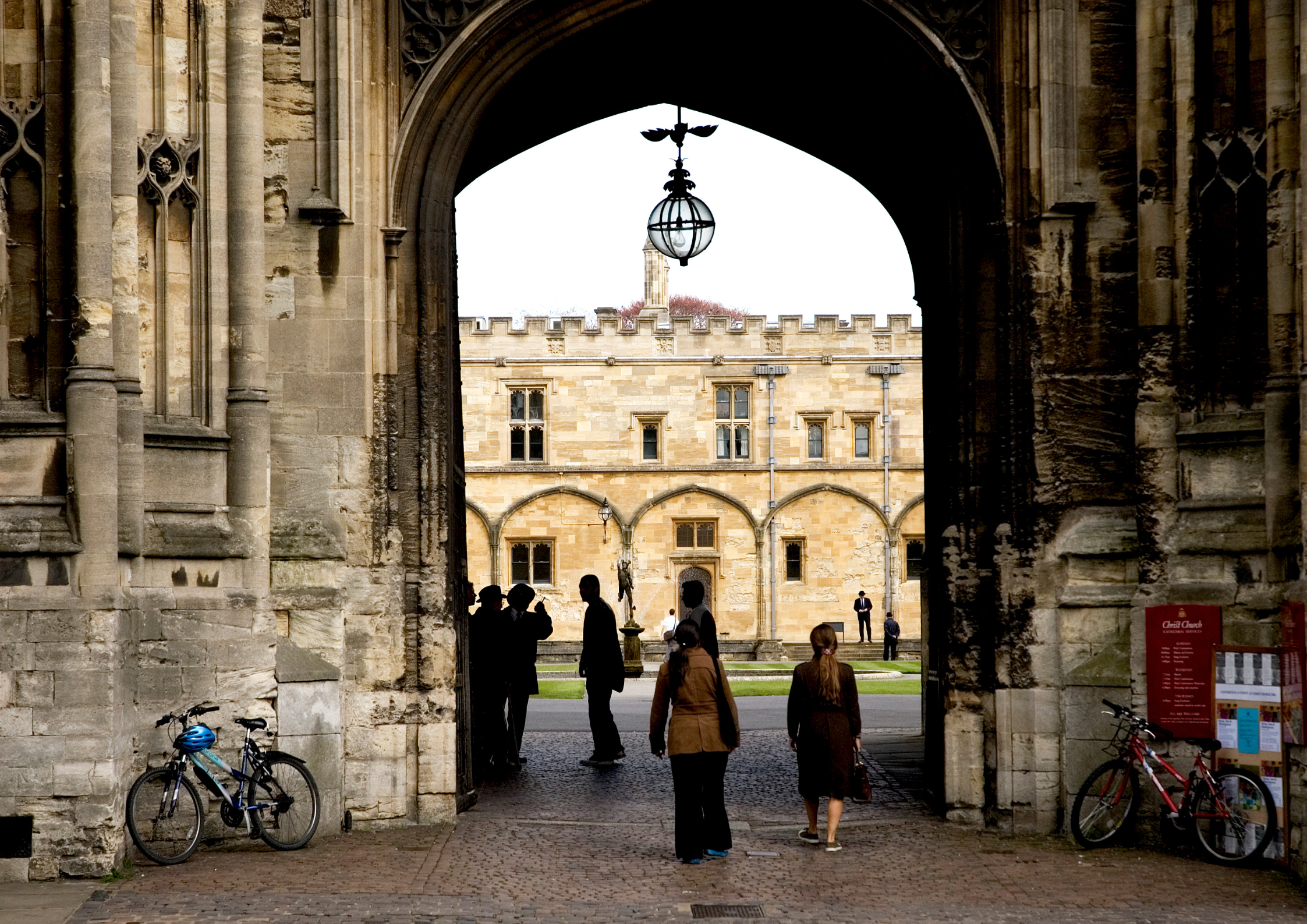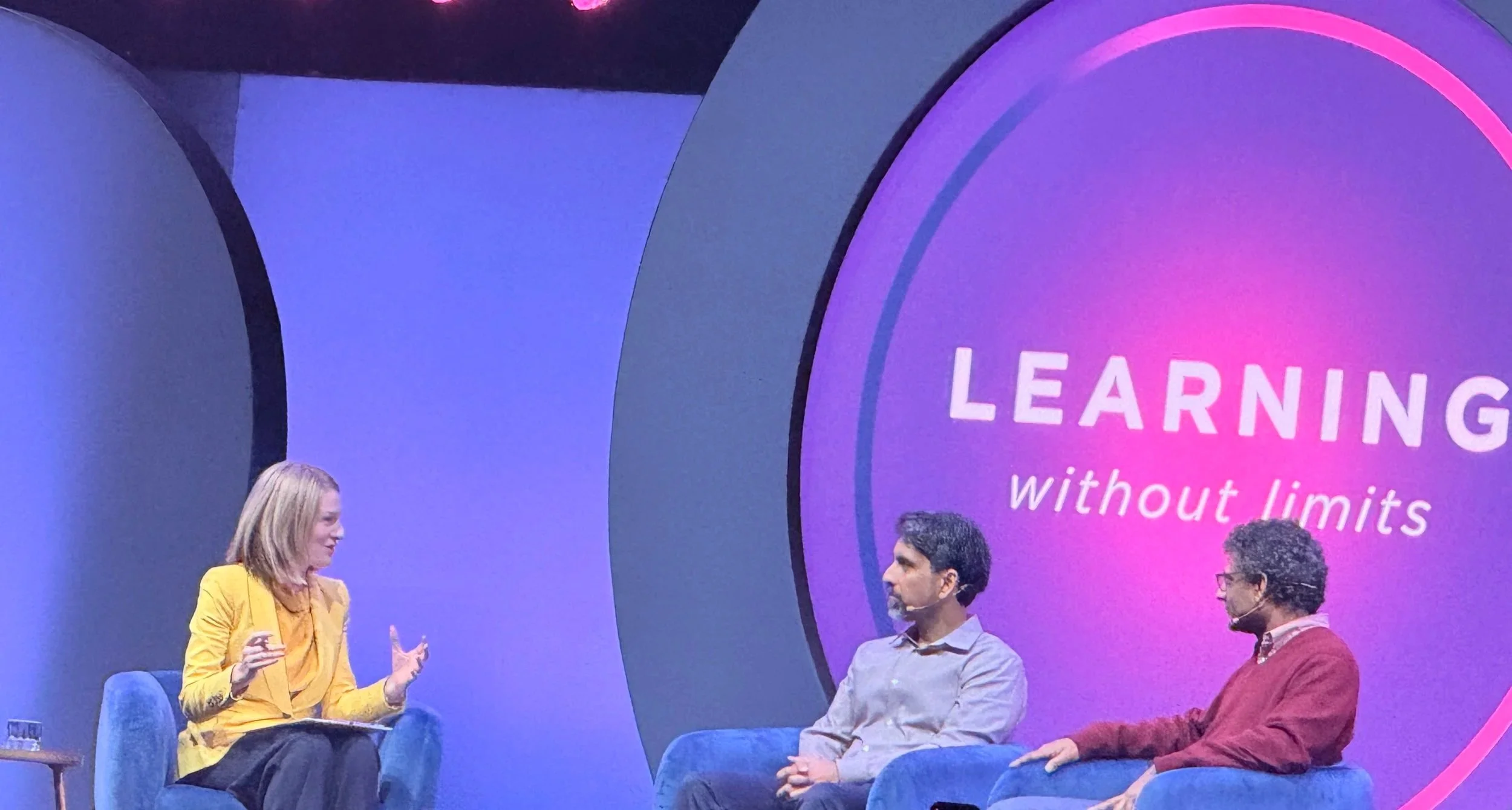Centre for Creative AI to explore generative technology’s role in UK creative industries
A new Centre for Creative AI (CCAI) will open this autumn in the UK, bringing together researchers from University College London (UCL) and the Royal College of Art (RCA) with The Brandtech Group, a generative AI marketing company.
The Centre aims to combine academic expertise and commercial innovation to support students and early-career creatives in understanding and shaping how AI is used across disciplines such as fashion, film, architecture, and design.
Linking academia and industry
The Centre is chaired by former Channel 4 CEO Alex Mahon and backed by companies including Diageo, Unilever, Snap, Runway, Cooley, and the Design Museum. It will operate as a collaborative hub for business leaders, researchers, and students to explore AI applications while addressing the economic uncertainty facing the creative sector.
Student Challenges will form the core of the Centre’s work, with four challenges set each year. Example topics include creating ABBA Voyage-style performances at a fraction of the cost, developing an AI short film capable of winning at a major festival, and producing AI-generated art suitable for high-profile exhibitions such as Art Basel.
The Centre will also connect companies with the innovation capacity of students and alumni from leading universities, creating pathways for research, experimentation, and commercially viable creative projects.
Building on UK expertise in AI and design
The Centre will draw on the UCL Centre for AI and UCL Arts and Sciences, along with RCA students working at the intersection of science, design, and creativity. UCL has been recognized globally for its AI research, including two Nobel Prizes.
David Jones, founder and CEO of The Brandtech Group, says AI is redefining how creativity is understood. “Gen AI is sparking the greatest creative revolution in history, in my opinion. It's not a matter of 'if' AI will be more creative than humans, it's just when. What a lot of people don't realise is Gen AI is not a 'tool', it's an intelligence and it will augment human creativity to incredible levels, shaping completely new forms of creativity. We are delighted to have been involved in the CCAI's inception,” Jones says.
The Centre will be administered by a board of directors and an advisory council comprising business leaders, researchers, and university leaders. All profits will be reinvested into its core mission of supporting creative education and innovation.
Alex Mahon says the Centre aims to empower, rather than replace, creatives. “Gen AI is a powerful new frontier for creativity, but its true potential lies in how we choose to use it. With curiosity, integrity and imagination, we can shape tools that don’t replace artists, but empower them. This is a moment for the UK to lead, blending emerging technology with our world-renowned creative spirit,” Mahon says.
Sean Hanna, professor of design computing at the UCL Bartlett School of Architecture, highlights the importance of involving students directly in shaping AI tools. “Creative AI is already beginning to transform design, fashion and architecture. We are at a pivotal moment, where the access and scope of the technology may be beyond most users’ understanding of what it can do, so figuring out what’s possible via highly talented students is exactly what is needed to advance the area,” Hanna says.

